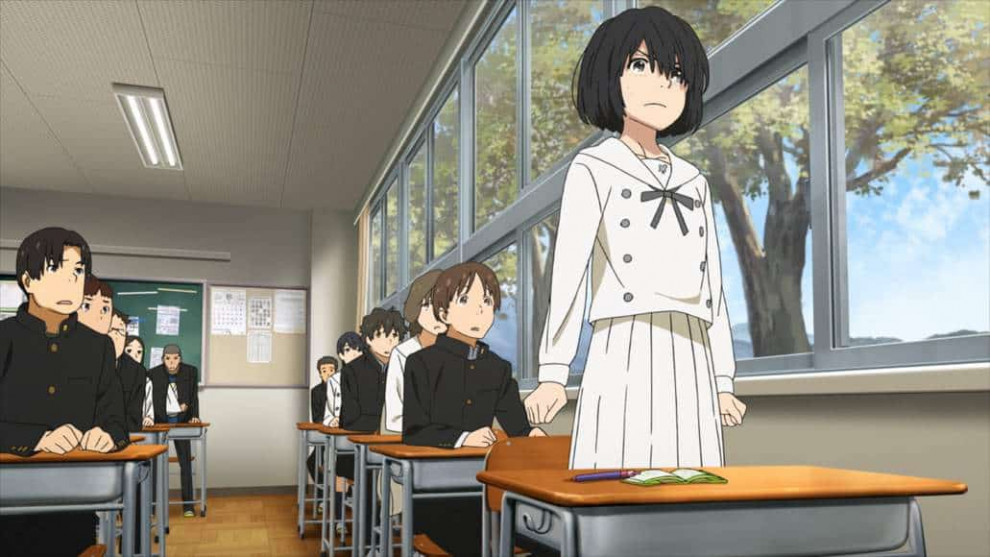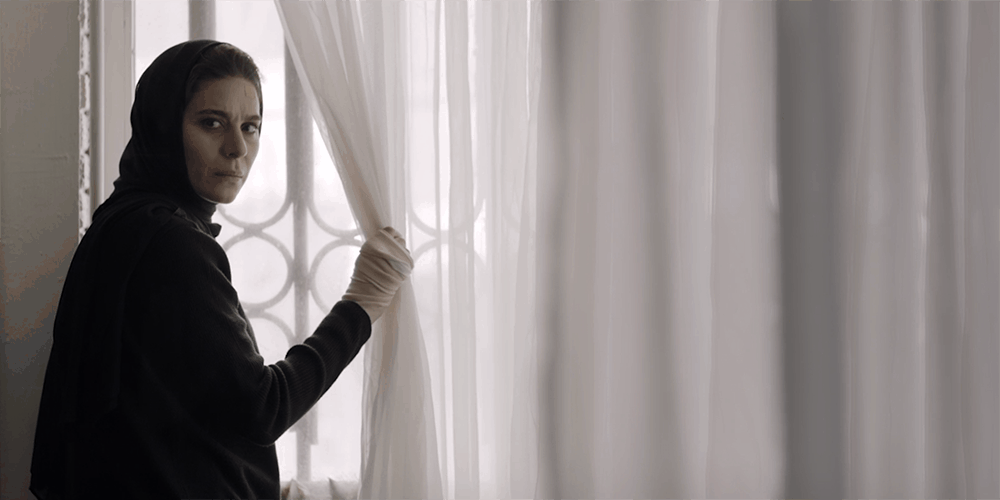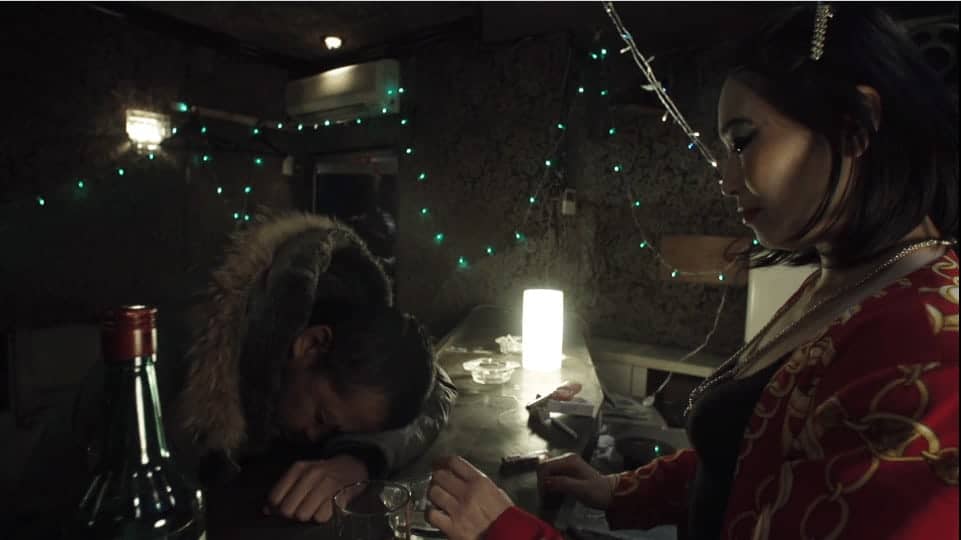Makoto Shinkai may have been recognized as the new Miyazaki, but he is not the only one carrying the torch of the Japanese master. Director Tatsuyuki Nagai, writer Mari Okada and chief animator and character designer Masayoshi Tanaka (aka Super Peace Busters) have also been sending significant ripples in the anime world, with titles like “Toradora”, the recent “Her Blue Sky” and this particular title, being on an equal level with the Shinkai's blockbusters, at least contextually.
“Anthem of the Heart” is streaming on Screen Anime

As a child, Jun Naruse was excitable and talkative, to the point that the word “chatterbox” accompanied her quite frequently. One day, however, she saw her father exit a love hotel, accompanied by another woman, and not understanding the situation, she told her mother. Her actions resulted in their divorce, and her father blaming her for it. Her reaction to his rather despicable behavior is to imagine a fairy egg-character, who convinces her that if she does not speak again, her problems will go away. As time passes, Jun starts believing she has a curse and actually stops talking completely, an attitude she carries all the way to high school, where the main part of the story takes place.
One day, her homeroom teacher Kazuki Joshima forcefully signs her up to a charity committee, along three other classmates with issues. Takumi Sakagami, whose family situation has made him almost completely detached, Daiki Tasaki, the former star of the baseball team who has broken his arm and is struggling to find his place in a world without the sport, and Natsuki Nito, who seems to have no problem at all, except from a past history with Takumi. Jun gradually opens up to Takumi through mobile messages, and a friendship begins to form which soon extends to the whole the group. Eventually, the four decide to prepare a musical for the Committee festival, which proves the biggest test and a trip towards self-awareness for all.
Tatsuyuki Nagai and Mari Okada create a narrative that focuses on an almost pure realism (the egg character is more a figment of Jun's mind than an actual supernatural element), an approach that helps them communicate their excellent social and psychological comments in the most eloquent fashion. Jun's inability to speak seems as a comment about the inherent Japanese trait of not speaking up or communicating their feelings, with the story highlighting repeatedly the issue this tactic creates. The story even suggests that speaking up, even if your words hurt others, is much better than keeping it all to yourself, with the characters finding their catharsis when they finally do, although in different fashion for each. The fact that this element is not romanticized into a general happy ending also adds to the realism of the anime, as it presents life in all its occasionally sad glory.
The accusation towards the parents of the current generation is also evident, although in a more subtle way, with the exception of Jun's father, whose behavior provides the most direct comment on the subject. The fact that all the protagonists in the film seem lost and only manage to work their issues and grow up through their own and their friends' effort also moves towards the same direction, with the only proper parenting in the story coming from Takumi's grandparents.
Furthermore, the narrative deals with teenage romance and its complications, gossip, friendship, the concept of leadership and the impact of proper teaching and mentorship, as exemplified by Kazuki's subtle but very cunning and efficient efforts to help his most problematic students.
The dramatic build-up that finds its apogee during the ending is also impressive, while the concept of the musical adds another level of entertainment to the movie.
The animation and the character design follow the same realistic path of the narrative without any exaltation. The impressiveness found in Shinkai's production is not to be found her, but this seems to actually benefit the title, since it allows the viewer to focus on the extremely rich story. The presentation of the fairy tale Jun writes, which is animated in a completely different style, however, adds a level of artistry to the anime.
“Anthem of the Heart” is an excellent anime, whose truly captivating story will satisfy anyone who will succumb to it.
















Amazing movie. On contrary to what everyone’s saying, I actually liked the ending. it only shows that the prince and the princess aren’t always meant to be together. Jun never had the ending she wanted, with the prince she had always dreamed to be with but with the person who she needed. Same goes for Takumi. They both ended up with people who they needed and who needed them.
Good point